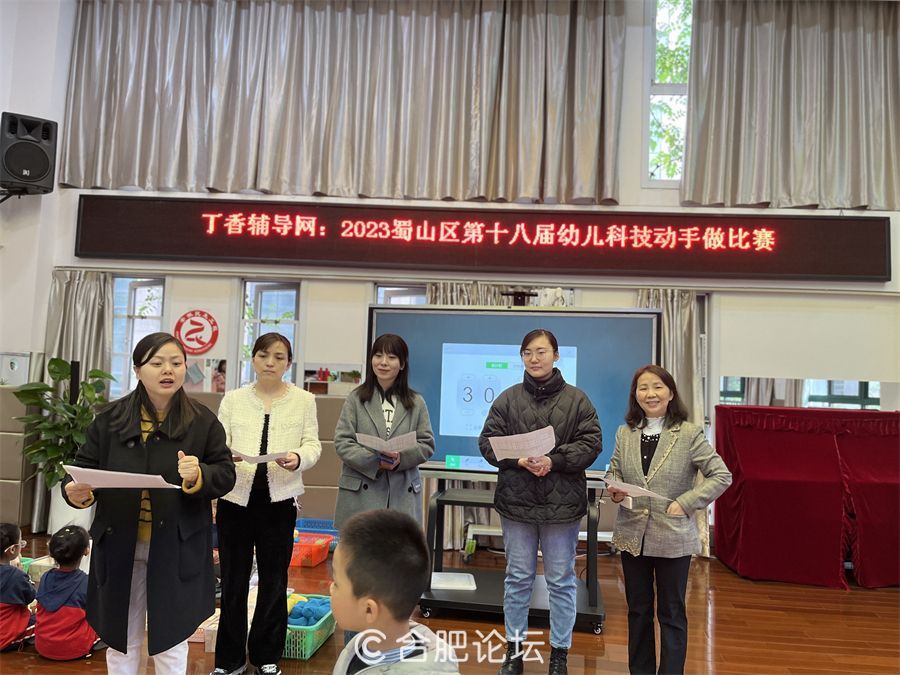China's sacrifices should always be remembered
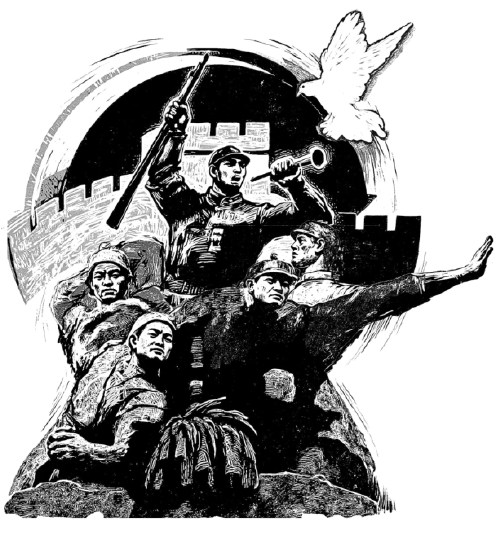
MA XUEJING/CHINA DAILY。
Editor's note: With global tensions rising and regional conflicts showing no signs of ending, it has become more urgent than ever to understand the root causes of war. Wang Jianlang, president of the Chinese Society for the History of the War of Resistance Against Japanese Aggression, reflects on some overlooked aspects of World War II — its real starting point, China's under-recognized contribution, and why the principle of "indivisible peace" remains vital today. Wang also warns against populism and historical amnesia in an in-depth conversation with China Daily's Liu Jianna for Dialogues with Thinkers, China Daily's high-end interview program. Following are excerpts from the interview:。
Q1: How should the world reflect on World War II amid the ongoing regional conflicts in order to prevent new wars?
A: We are witnessing a turbulent era of global change. While we may not yet be on the brink of a third world war, the current global environment is arguably the most chaotic in the 80 years since the end of World War II. International rules and norms are being repeatedly violated, increasing the risks of a global war.。
In such times, it is crucial to learn from the experiences of World War II. The prelude to that war showed how incremental aggression, if unchecked, could spiral into a global catastrophe. The world failed to respond decisively to early acts of aggression, which ultimately emboldened the Axis powers. Japan's occupation of Northeast China, Germany's expansion into Austria and Czechoslovakia were all warning signs.。
Today, our ability to prevent another global war hinges on our willingness to uphold international norms, support multilateral institutions, and collectively and decisively respond to emerging threats. History warns us that inaction and appeasement are often enablers of war.。
Q2: Why should we reconsider the starting point of World War II?
A: Traditionally, World War II is considered to have begun in 1939 with Germany's invasion of Poland. This Euro-centric perspective has dominated mainstream history. However, decades of research suggest the war had two major origins: Europe and East Asia.。
Japan's invasion of Northeast China in 1931 — commonly known as the "Sept 18 Incident" — was a prelude to World War II. But the world at that time failed to recognize its global implications, which led to a long and brutal campaign that eventually evolved into a full-scale war in 1937.。
If we consider the Axis powers collectively as the initiators of World War II, then Japan's invasion of Northeast China in 1931 marked the opening act of the conflict, while its full-scale invasion of China in 1937 should be recognized as the true starting point of the war. Recognizing this broader timeline will not diminish European experiences but rather complete the full global picture of the war, because World War II was not a single-front conflict but a worldwide fight against fascism, shaped by multiple triggers and theaters of violence.。
Q3: What key lessons from World War II should we always remember?
A: One of the most important lessons is the danger of appeasement and inaction in the face of early aggression. Before 1937, as Japan escalated its aggression into a full-scale invasion of China, the international community largely limited its response to expressions of sympathy, offering little in the way of concrete support. The lack of action to curb Japan's ambitions failed to deter Japan's expansion, which continued to intensify in the following years.。
Similarly, in Europe, the 1938 Munich Agreement — where Great Britain and France conceded Czechoslovak territory to Nazi Germany — demonstrated how granting repeated concessions could backfire. Germany and Japan both interpreted these diplomatic compromises as a green light to intensify their aggressive campaigns.。
Another crucial lesson is the concept of "peace is indivisible". In the 1930s, major powers such as the United States viewed regional wars in Asia as irrelevant to their own national security. It wasn't until the industrial Western powers were attacked and a global alliance was formed that the importance of world peace became undeniable.。
This idea is part of the foundation of international relations. The threat to peace in one region must be seen as a threat to global peace and stability, which warrants collective and timely action. Only by adhering to this principle can we prevent regional conflicts from turning into global wars.。
Q4: How did China contribute strategically to the global anti-fascist war?
A: China's role in the global fight against fascism has often been undervalued, partly because it was not an industrial power like the US, Great Britain or the Soviet Union. Nonetheless, China's strategic contributions were immense.。
Despite the vast disparity in economic and military capabilities — China's GDP was less than a quarter and steel production less than 1 percent of Japan — China resisted Japanese aggression for 14 years, which includes eight years of full-scale war. It was a prolonged and costly resistance.。
China tied down more than 1 million Japanese troops on the Asian mainland, significantly easing pressure on Allied forces in the Pacific. Nearly 700,000 Japanese troops were engaged in Northeast China, preventing Japan from launching attacks on the Soviet Union's eastern front. This protected the Soviet Union in the east while it engaged in a brutal conflict with Nazi Germany in the west.。
Moreover, Chinese forces fought in foreign theaters such as Myanmar, contributing to the broader Allied victory. These sacrifices and strategic contributions earned China recognition as one of the "Big Four" Allied powers and a permanent seat in the UN Security Council. China's endurance and resistance were pivotal to the global outcome of the war.。
Q5: Why should the 1937 Lugou Bridge Incident be seen as a starting point of World War II?
A: While 1931 marked the beginning of a regional war of resistance against Japanese aggression, the Lugou Bridge Incident on July 7, 1937, signaled the onset of full-scale war between China and Japan.。
If we define World War II as a global war between expansionist powers and international resistance, then the 1937 invasion stands as a starting point of the war. Recognizing this helps correct the imbalance in Western narratives on the war, which often sideline the main Eastern battlefield's importance.。
By incorporating this perspective, we acknowledge that the war was not West-centric but part of a broader global breakdown of peace. It allows for a more nuanced understanding of the interconnectedness of global conflicts, and ensures that the experiences of Asian nations are not overlooked in the history of World War II.。
Q6: How should we see the roles of the Communist Party of China and Kuomintang during the Chinese People's War of Resistance Against Japanese Aggression?
A: Both the CPC and the KMT played vital roles in resisting Japanese aggression, operating on two major fronts: the enemy's rear and the main battlefield. Their contributions were complementary, even if political tensions between them persisted.。
When honoring wartime sacrifices, we should focus on the fact that all Chinese forces, regardless of their political affiliation, fought to defend the nation. Both the CPC and KMT soldiers are part of our shared memory of resistance and deserve equal recognition for their bravery. It's also important to resist overly politicized historical narratives that pit one side against the other. The reality is that their coordinated efforts helped sustain the national resistance despite extreme hardship. The legacy of these joint efforts should be a symbol of unity rather than division.。
Q7: Why must we remain vigilant against populist rhetoric and political manipulation?
A: World War II was not only a military conflict but also a political and psychological conflict. Both Nazi Germany and imperial Japan used mass propaganda to stir ultra-nationalism and justify their expansionist policies.。
Even today, in the age of information, populist leaders can distort facts and manipulate public sentiment. When emotions override reason, democratic systems can become vulnerable, and history shows how dangerous that can be.。
Preventing the resurgence of authoritarianism requires constant vigilance against those who use ultra-nationalism, fear and populism to polarize societies. The example of Hitler reminds us of how unchecked emotional mobilization can disable societal checks and balances, and lead to disaster.。
In this era dominated by social media echo chambers and algorithm-driven content, the danger is even greater. Populism can thrive in disinformation-prone environments, making it all the more essential to promote critical thinking and independent journalism.。
Q8: How did World War II lay the groundwork for today's global governance system?
A: After the end of World War II, the international community sought to prevent a recurrence of another global war by establishing a robust system of collective security, most notably through the United Nations. The concept of peace is indivisible became institutionalized; as a result any regional conflict can now be discussed at the UN Security Council.。
This legacy is not just symbolic. It reflects the hard-earned lesson that diplomacy and dialogue should take precedence over unilateral military actions. Today, maintaining the postwar world order is essential to maintain global stability.。
The idea that all conflicts — no matter how localized — can escalate and affect global peace shaped institutions like the UN and principles like the Responsibility to Protect. These frameworks are under strain today but remain vital.。
Recommitting to the spirit of postwar cooperation requires reforming and strengthening global institutions to reflect 21st-century realities, without losing sight of the lessons that led to their formation.。
Q9: Why has China's World War II narrative often been underrepresented globally?
A: Several factors have contributed to this narrative. First, during World War II, China was not an industrial power and, unlike its Western allies, lacked global influence. As a result, its contributions, though strategic and prolonged, did not receive equal attention in postwar narratives.。
Second, the dominant Euro-American focus in World War II historiography has often overlooked the significance of the main Eastern battlefield. But recent decades have seen a growing recognition of China's central role in resisting fascism.。
And third, ideological tensions during the Cold War further distorted historical representation. China's role was either politicized or sidelined depending on the prevailing geopolitical narrative. Only in recent decades has there been a scholarly shift toward a more balanced global account of World War II. Reframing historical narratives to include multiple perspectives is not about rewriting history; it's about completing it.。
Q10: Why does redefining the World War II narrative matter in today's geopolitical landscape?
A: Historical narratives shape contemporary perceptions and policies. Recognizing China's role in World War II reinforces its legitimacy as a founding member of the international order. It also highlights the importance of non-Western contributions to global peace.。
At a time when multilateralism is under strain and nationalism is on the rise, a more inclusive World War II narrative reminds us of the shared sacrifices that led to the formation of the current global system, and why it must be protected.。
Moreover, as new conflicts occur and historical accounts are often invoked to achieve political ends, a clearer understanding of how wars began — and how they were won — can guide better decision-making. Accurate, inclusive history is a cornerstone of peace and cooperation.。
To build a bright global future, we require a collective memory which should recognize that World War II was not only fought and won in Europe, but across continents, with shared sacrifices and the common hope for peace.。
Wang Jianlang, president of the Chinese Society for the History of the War of Resistance Against Japanese Aggression. The views don't necessarily represent those of China Daily.。
If you have a specific expertise, or would like to share your thought about our stories, then send us your writings at opinionchinadaily.com.cn, and commentchinadaily.com.cn.。
(责任编辑:休闲)
-
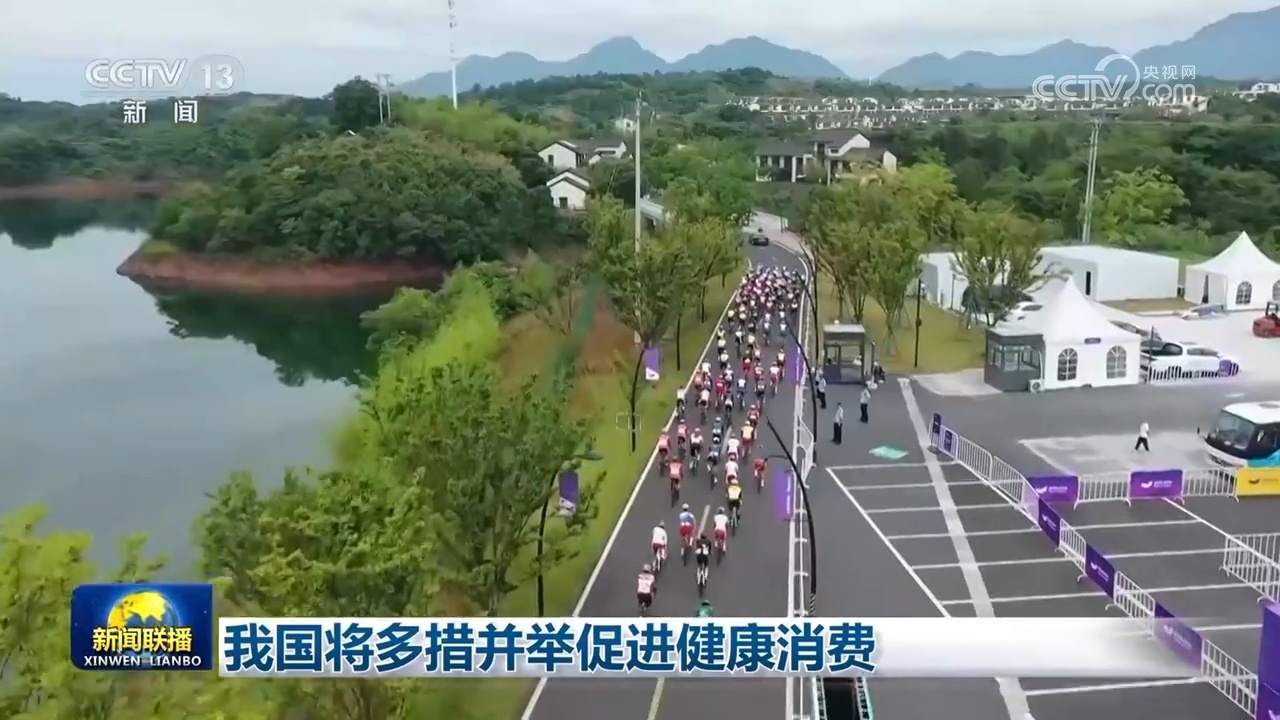 央视网音讯。新闻联播):商务部等12部分日前联合印发《促进健康消费专项举动计划》,从提高健康饮食消费水平、丰厚健身运动消费场景、增强银发商场服务才能等十个方面布置要点使命。支撑地方建造体育公园、健身步
...[详细]
央视网音讯。新闻联播):商务部等12部分日前联合印发《促进健康消费专项举动计划》,从提高健康饮食消费水平、丰厚健身运动消费场景、增强银发商场服务才能等十个方面布置要点使命。支撑地方建造体育公园、健身步
...[详细]
-
 今日25日)是“国际甲状腺日”,近年来,我国甲状腺疾病呈现明显上升趋势,比方甲状腺结节成人检出率超两成,甲状腺癌发病率年均增加超越20%,简单被忽视的是甲状腺反常还或许引发成人最常见的眼眶疾病,假如眼
...[详细]
今日25日)是“国际甲状腺日”,近年来,我国甲状腺疾病呈现明显上升趋势,比方甲状腺结节成人检出率超两成,甲状腺癌发病率年均增加超越20%,简单被忽视的是甲状腺反常还或许引发成人最常见的眼眶疾病,假如眼
...[详细]
-
 为遍及顾客金融常识,进步社会群众金融防备认识,推行“有温度的银行”品牌特征,近来,中信银行滁州分行成功举行“小小银行家”活动。本次活动由中信银行滁州分行主办,联合同乐大街一起展开。前期,中信银行滁州分
...[详细]
为遍及顾客金融常识,进步社会群众金融防备认识,推行“有温度的银行”品牌特征,近来,中信银行滁州分行成功举行“小小银行家”活动。本次活动由中信银行滁州分行主办,联合同乐大街一起展开。前期,中信银行滁州分
...[详细]
-
相约安徽·向春而行|圩美磨滩初夏开放|在郊野,在湖边,去寻找归于你的日子美学
 清风微抚的春天逐步回暖,等待拥抱明丽的初夏。夏韵,纯洁之色,回归朴实本真,治好纷繁复杂。待春去夏来时,携一抹阳光补足冬日的期盼。寻野万里。奔赴一场偷闲。咱们以更簇新的面貌。与你共创。Modern Ti
...[详细]
清风微抚的春天逐步回暖,等待拥抱明丽的初夏。夏韵,纯洁之色,回归朴实本真,治好纷繁复杂。待春去夏来时,携一抹阳光补足冬日的期盼。寻野万里。奔赴一场偷闲。咱们以更簇新的面貌。与你共创。Modern Ti
...[详细]
-
找矿效果不断涌现!我国优势矿种资源量大幅度增加 资源优势稳固
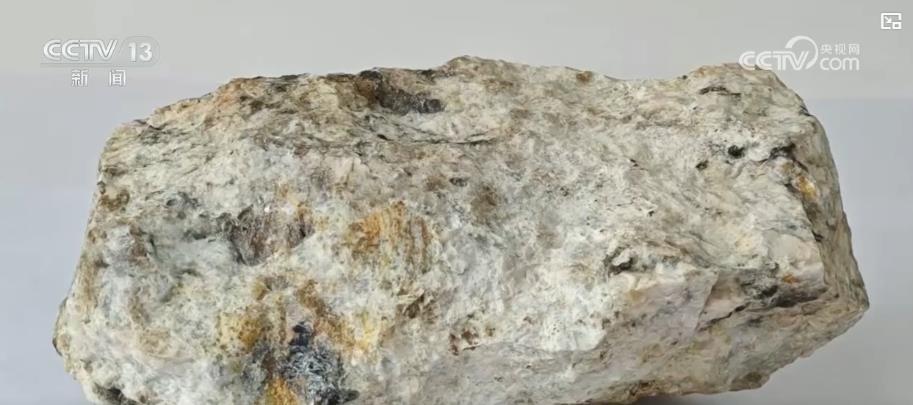 央视网音讯。:记者4月10日从天然资源部得悉,《新发现矿种公告》近来发布,其间确认了一个新矿种——高纯石英矿。它的呈现,将改动此前高度依靠进口的局势,助力相关战略性新式产业的高质量开展。 天然资源部表
...[详细]
央视网音讯。:记者4月10日从天然资源部得悉,《新发现矿种公告》近来发布,其间确认了一个新矿种——高纯石英矿。它的呈现,将改动此前高度依靠进口的局势,助力相关战略性新式产业的高质量开展。 天然资源部表
...[详细]
-
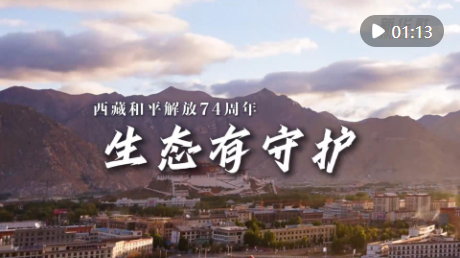 5月23日是西藏平和解放74周年纪念日。让我们经过一组数据了解西藏人权工作获得的全方位前进和历史性成果。记者:洛登、庄云凯、洛卓嘉措、索朗德吉。
...[详细]
5月23日是西藏平和解放74周年纪念日。让我们经过一组数据了解西藏人权工作获得的全方位前进和历史性成果。记者:洛登、庄云凯、洛卓嘉措、索朗德吉。
...[详细]
-
新华全媒+丨“只需产品够硬总会赢得机会”——中美互降关税落地一线调查
 新华社北京5月25日电。 题:“只需产品够硬总会赢得机会”——中美互降关税落地一线调查。新华社记者唐诗凝、古一平、王丰。《中美日内瓦经贸谈判联合声明》发布已近半月。跟着5月14日两边互降关税行动落地,
...[详细]
新华社北京5月25日电。 题:“只需产品够硬总会赢得机会”——中美互降关税落地一线调查。新华社记者唐诗凝、古一平、王丰。《中美日内瓦经贸谈判联合声明》发布已近半月。跟着5月14日两边互降关税行动落地,
...[详细]
-
楚菜大师闪烁世界餐饮展!湖北籍厨师蒋文涛斩获北美“出色厨师大奖”
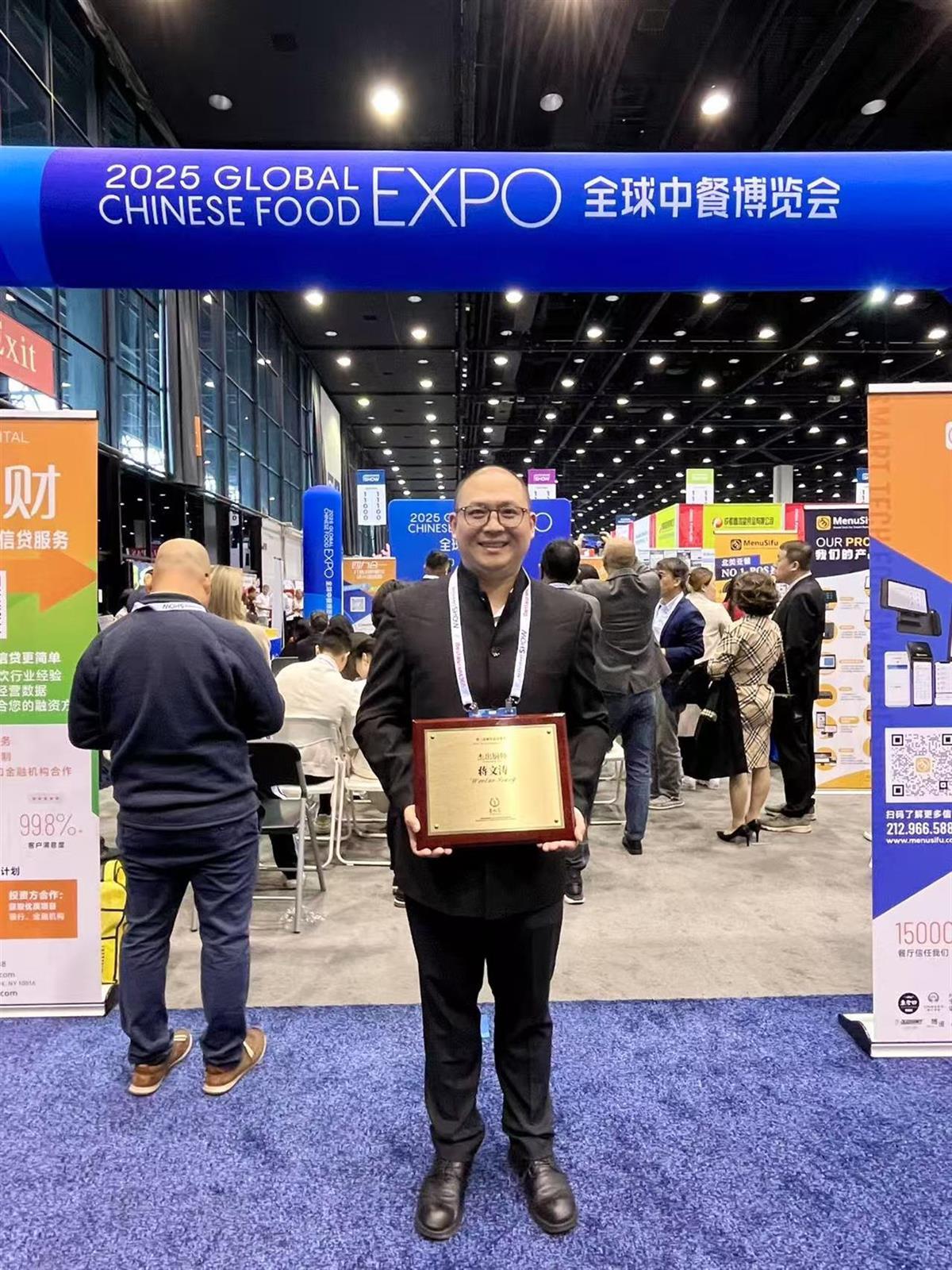 极目新闻通讯员 王怀民。5月17-20日,从正在举办107年前史的美国国际餐饮展传(NRA)传来喜讯,湖北籍楚菜大师蒋文涛荣获由北美闻名餐饮数字化企业 MenuSifu菜单大师)主办的第三届餐饮家金像
...[详细]
极目新闻通讯员 王怀民。5月17-20日,从正在举办107年前史的美国国际餐饮展传(NRA)传来喜讯,湖北籍楚菜大师蒋文涛荣获由北美闻名餐饮数字化企业 MenuSifu菜单大师)主办的第三届餐饮家金像
...[详细]
-
中央气象台估计,华北将刮稀有劲风,局地阵风可达十二至十三级 这场风为何那么大?
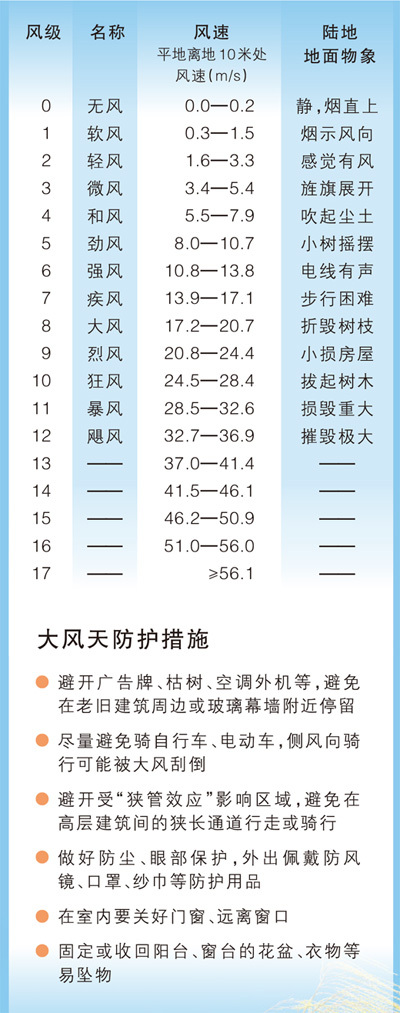 数据来历:我国气候局。中央气候台估计,4月11日至12日,跟着新一股较强冷空气东移南下,我国中东部区域将呈现强风、降温、沙尘气候,华北将呈现前史同期稀有持续性劲风,内蒙古东部和东北区域东部将呈现暴雪,
...[详细]
数据来历:我国气候局。中央气候台估计,4月11日至12日,跟着新一股较强冷空气东移南下,我国中东部区域将呈现强风、降温、沙尘气候,华北将呈现前史同期稀有持续性劲风,内蒙古东部和东北区域东部将呈现暴雪,
...[详细]
-
文明我国行丨每差50℃就得变配方 传承人用26年烧制出孔雀蓝釉
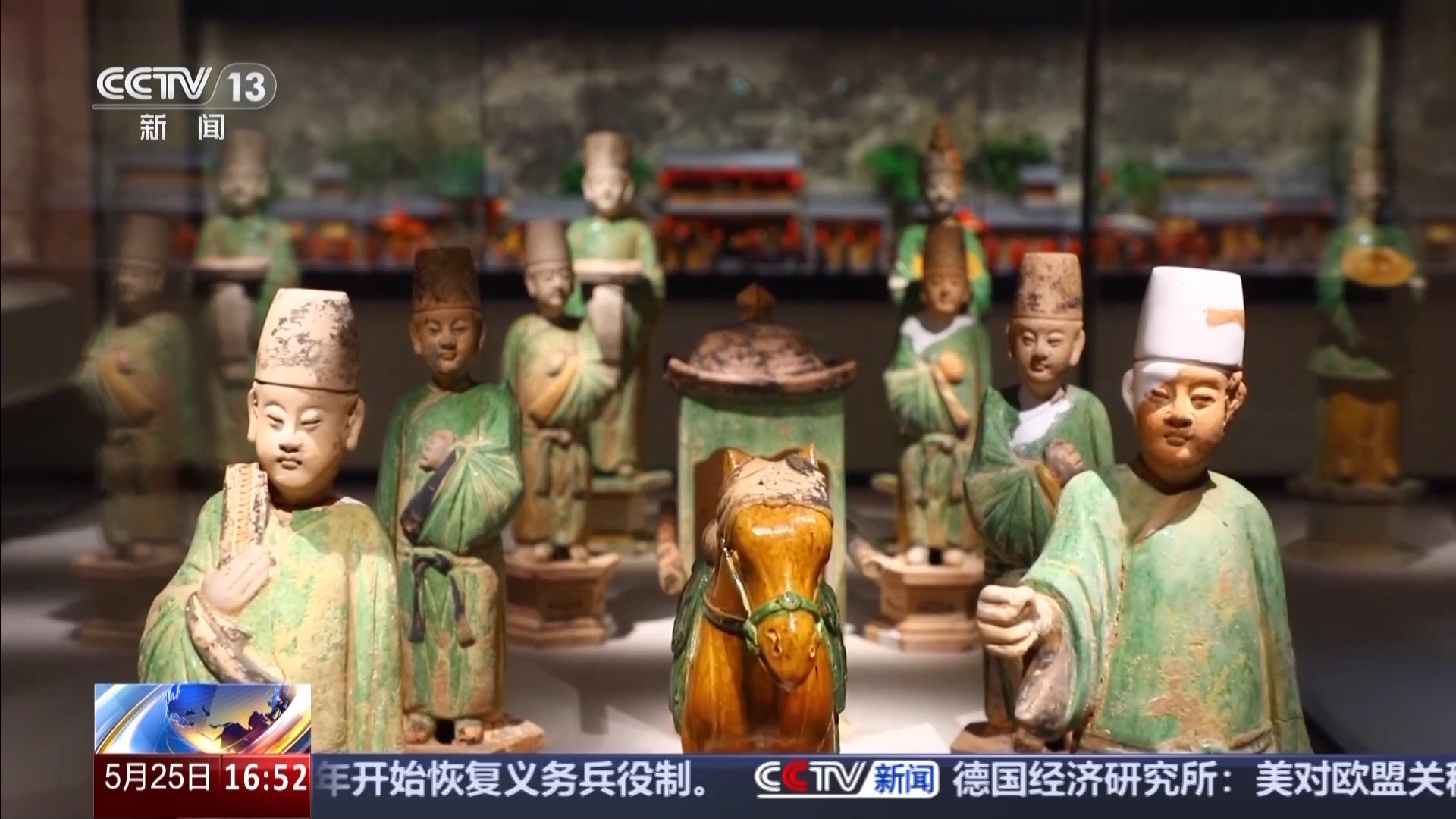 琉璃是一种常用于古代宫廷、浮屠等修建的装修资料。山西是我国琉璃的主产地,琉璃烧制技艺有着悠长的前史,2008年,琉璃烧制技艺列入国家级非物质文化遗产名录。一同走进山西太原,了解陈旧技艺立异传承的故事。
...[详细]
琉璃是一种常用于古代宫廷、浮屠等修建的装修资料。山西是我国琉璃的主产地,琉璃烧制技艺有着悠长的前史,2008年,琉璃烧制技艺列入国家级非物质文化遗产名录。一同走进山西太原,了解陈旧技艺立异传承的故事。
...[详细]

 日本2024财年企业物价指数创1980财年以来最高
日本2024财年企业物价指数创1980财年以来最高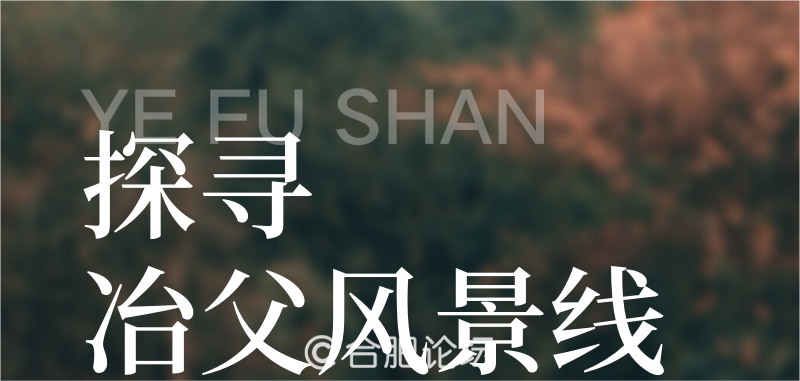 相约安徽·向春而行|12小时玩转限时免费网红打卡点
相约安徽·向春而行|12小时玩转限时免费网红打卡点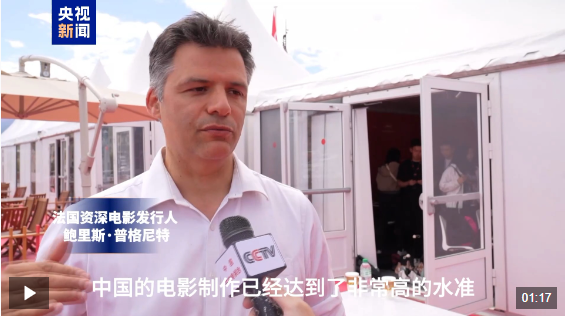 在戛纳,他们团体点赞中国电影
在戛纳,他们团体点赞中国电影 立异开展 跨界交融 本钱聚集 从文博会看文化产业新机遇
立异开展 跨界交融 本钱聚集 从文博会看文化产业新机遇 聚集乡村留守妇女困难集体 11部分展开精准关爱帮扶举动
聚集乡村留守妇女困难集体 11部分展开精准关爱帮扶举动
